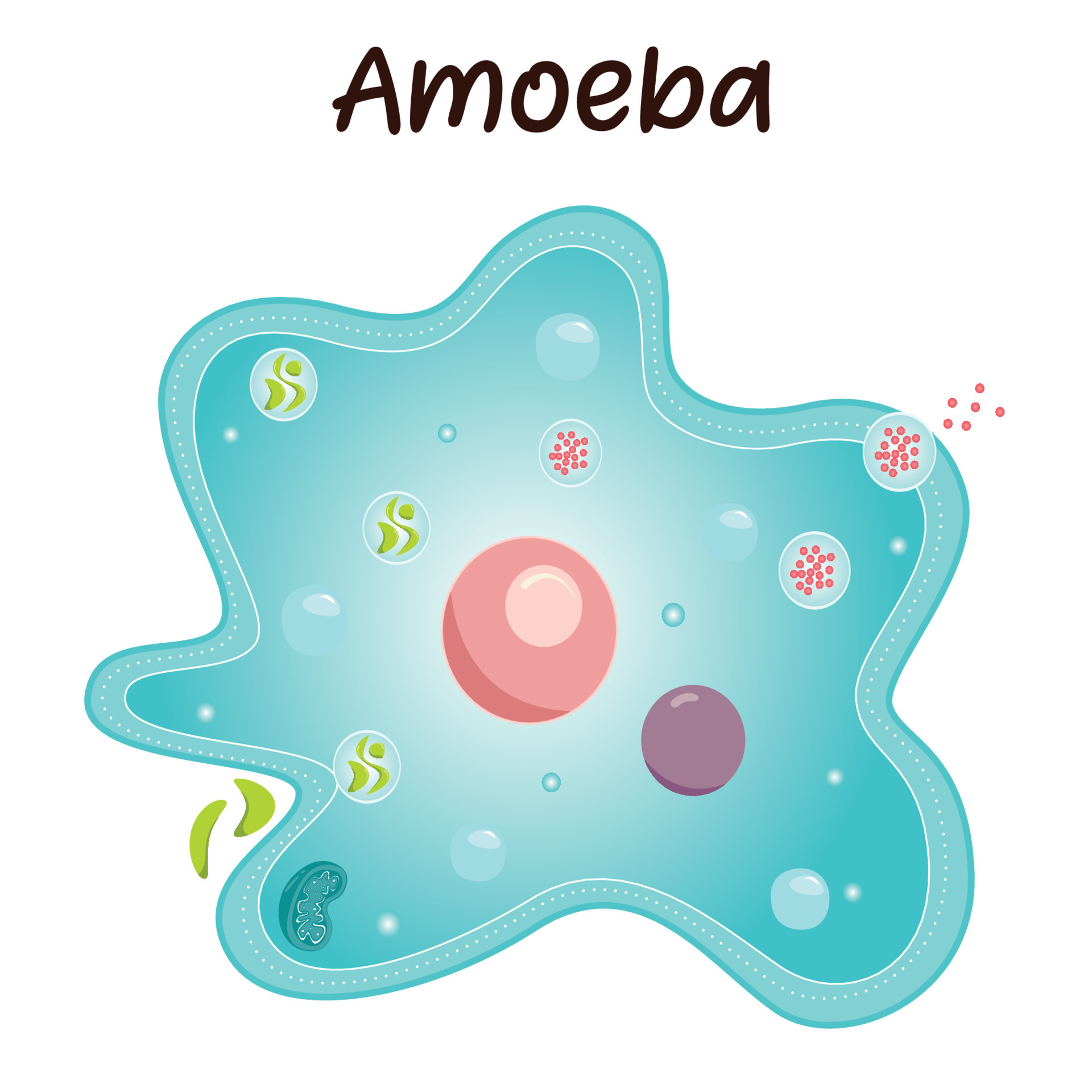Meta can introduce their signature rage farming to the Fediverse. They don’t need to control Mastodon. All they have to do is introduce it in their app. Show every Threads user algorithmically filtered content from the Fediverse precisely tailored for maximum rage. When the rage inducing content came from Mastodon, the enraged Thread users will flood that Mastodon threads with the familiar rage-filled Facebook comment section vomit. This in turn will enrage Mastodon users, driving them to engage, at least in the short to mid term. All the while Meta sells ads in-between posts. And that’s how they rage farm the Fediverse without EEE-ing the technology. Meta can effectively EEE the userbase. The last E is something Meta may not intend but would likely happen. It consists of a subset of the Fediverse users leaving the network or segregating themselves in a small vomit-free bubble.
Some people asked what EEE is:


Ok WTF does “EEE” mean? I’ve seen people throw it around as if it’s some totally common abbreviation. Even if I google for it, all I find is some horse virus.
Embrace, extend, extinguish.
Embrace an open standard by using it yourself, start extending it at a pace competitors can’t (preferably obfuscating how it works), leave everyone behind.
A good example is Microsoft Internet Explorer back in the day. Web technologies like HTML and CSS are open standards and at the time fairly straightforward. Once Microsoft hit critical mass by bundling IE with Windows they took leadership from Netscape and started adding more and more proprietary crap like ActiveX which some sites opted to use because everyone was using IE anyway and people using other browsers were forced to use IE. This was also a major issue for Linux users at the time.
It took years of regulatory / antitrust pressure, tremendous effort from Mozilla and their browsers, as well as big players like Google and Apple embracing KHTML (later forked into WebKit and then Blink engines) to unscrew humanity from that depressing era of internet history.
Web browsers working slightly differently is still an issue without anyone breaking compatibility on purpose. It was just so much worse when someone did it maliciously.